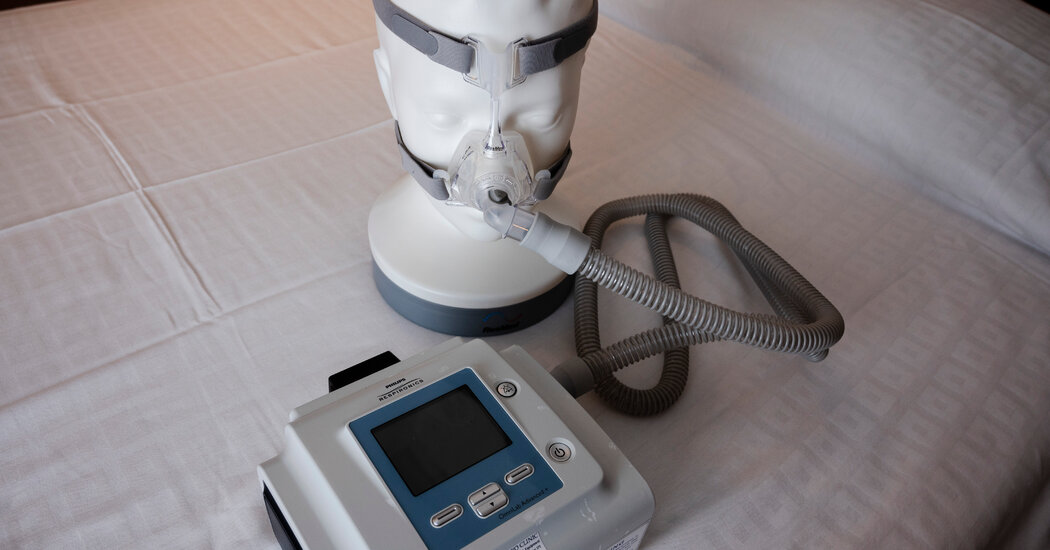Philips Respironics reached a $1.1 billion settlement over claims that people using CPAP and other breathing devices were harmed by harmful gases and blobs of foam that settled in their airways, sometimes For years.
Thousands of people have claimed in lawsuits that they were injured by the popular Philips DreamStation machines. The deal covers CPAP, or continuous positive airway pressure, machines that people with sleep apnea or other breathing difficulties use at night to improve breathing, as well as other types of machines used at home and in hospitals.
According to a financial report released Monday, Philips did not admit any fault in the settlement, nor whether the devices caused the injuries.
The personal injury settlement follows a $479 million settlement reached in September for economic losses suffered by patients and medical equipment companies that financed replacement devices. Philips also agreed to a consent decree earlier this year that forced the company to suspend U.S. sales of new devices until certain conditions were met.
Monday's agreement largely resolves years of litigation over an issue that has deeply upset patients and doctors, who have had to weigh the risk of letting patients' stopped breathing go untreated versus using a machine that could have cause damage. Patients have flooded lawmakers and the Food and Drug Administration with complaints about a chaotic recall and replacement effort that has left many waiting months or more than a year for an updated device.
In a letter to Philips in May 2022, the FDA noted that the company had received reports about the issue as early as 2015, but had failed to evaluate the information and address the device issues.
The recall began in the summer of 2021 amid concerns that the machines were emitting potentially carcinogenic gases. The initial recall affected about 15 million respirators produced since 2006, although about five million were still in circulation as of mid-2021.
The FDA reported earlier this year that since Philips first warned of the problems, officials had received 116,000 complaints, including 561 reports of deaths, which people or lawyers said were linked to faulty foam in the device .
The company has since toned down its warnings, saying further testing showed the gases were not as toxic as initially believed.
Investors recognized the resolution, as the company's stock rose about 33% Monday morning, to about $28 a share. The company said part of the amount will be covered by insurance.
Plaintiffs' lawyers welcomed the settlement.
“Ultimately, these combined settlements accomplish what we sought to accomplish when this litigation began: hold Philips accountable by obtaining relief for those with physical injuries and compensation for those in need of new breathing devices,” Sandra L. Duggan, Kelly K Iverson and Christopher A Seeger, attorneys representing the plaintiffs, said in a statement.





